

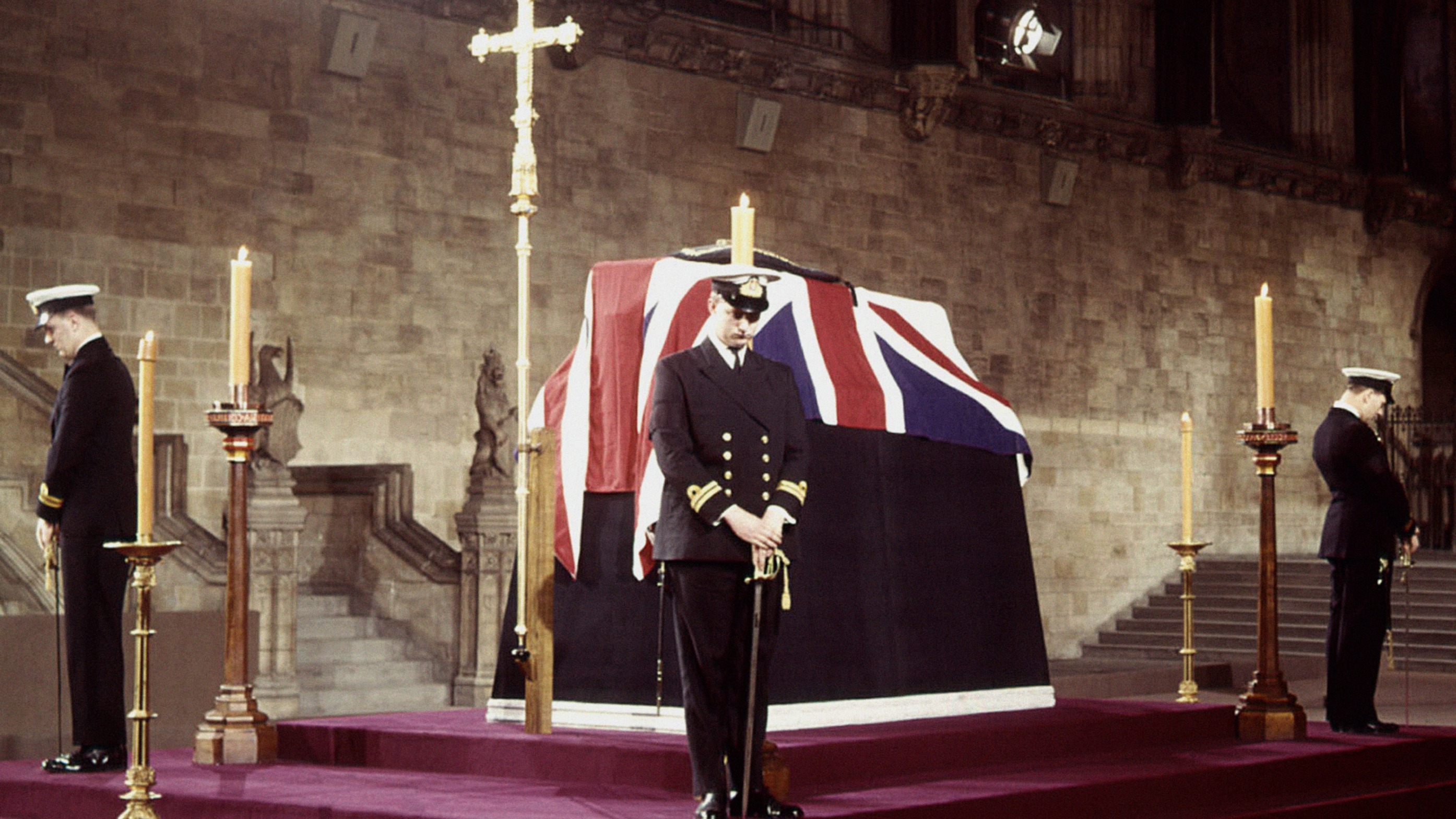
Sir Winston Churchill, the British prime minister who famously declared that Britain would never surrender to Nazi Germany during World War Two, passed away 60 years ago at the age of 90. Despite how much the world has changed since then, his legacy still looms large and he is honored at the place of his birth, Blenheim Palace. The UNESCO World Heritage site recently unveiled a statue in his honor, further cementing his connection to his ancestral home.
Introduction
Sir Winston Churchill, the iconic British Prime Minister who led his nation through the darkest days of World War II, passed away six decades ago on January 24, 1965, at the age of 90. Despite the passage of time, his legacy remains a towering presence, inspiring generations and shaping the geopolitical landscape.
Early Life and Career
Born at Blenheim Palace in 1874, Churchill embarked on a distinguished military and political career. He served as an army officer in the Boer War and Sudan before entering politics in 1900. As a member of Parliament, he held various ministerial positions, including Chancellor of the Exchequer and Home Secretary.
World War II and the "Never Surrender" Speech
During the outbreak of World War II in 1939, Churchill was appointed Prime Minister. His indomitable spirit and unwavering determination rallied the British people during the Battle of Britain and throughout the war. His famous "Never Surrender" speech, delivered on June 4, 1940, became a symbol of British resilience and a turning point in the conflict.
Post-War Career and Legacy
After the war, Churchill continued to serve as Prime Minister until 1955. He played a key role in the creation of NATO and the United Nations. His legacy extends beyond his political achievements, encompassing his exceptional literary talents and his profound impact on history.
Honoring Churchill's Legacy at Blenheim Palace
Blenheim Palace, Churchill's birthplace, serves as a living testament to his legacy. The UNESCO World Heritage site recently unveiled a statue in his honor, further strengthening the bond between the former Prime Minister and his ancestral home.
Top 5 FAQs
1. How did Churchill die? Answer: Churchill died of a stroke at the age of 90.
2. What is Churchill's most famous speech? Answer: His "Never Surrender" speech, delivered during the Battle of Britain in 1940.
3. What role did Churchill play in World War II? Answer: He served as Prime Minister and led Britain through its darkest days.
4. What is the significance of Blenheim Palace? Answer: It is Churchill's birthplace and a UNESCO World Heritage site that houses a statue in his honor.
5. How does Churchill's legacy continue to inspire? Answer: His indomitable spirit, unwavering determination, and literary brilliance serve as an inspiration to leaders and ordinary citizens alike.

Indian Prime Minister Narendra Modi is scheduled to inaugurate the first train connecting Jammu to Kashmir in either the first or second week of February. The date for the inauguration has yet to be confirmed as the Railways is still awaiting approval from the Prime Minister's Office. The Prime Minister is expected to flag off the train from Katra and also visit the world's highest railway bridge, the Chenab bridge, during his visit. He will then address a public rally after the inauguration.
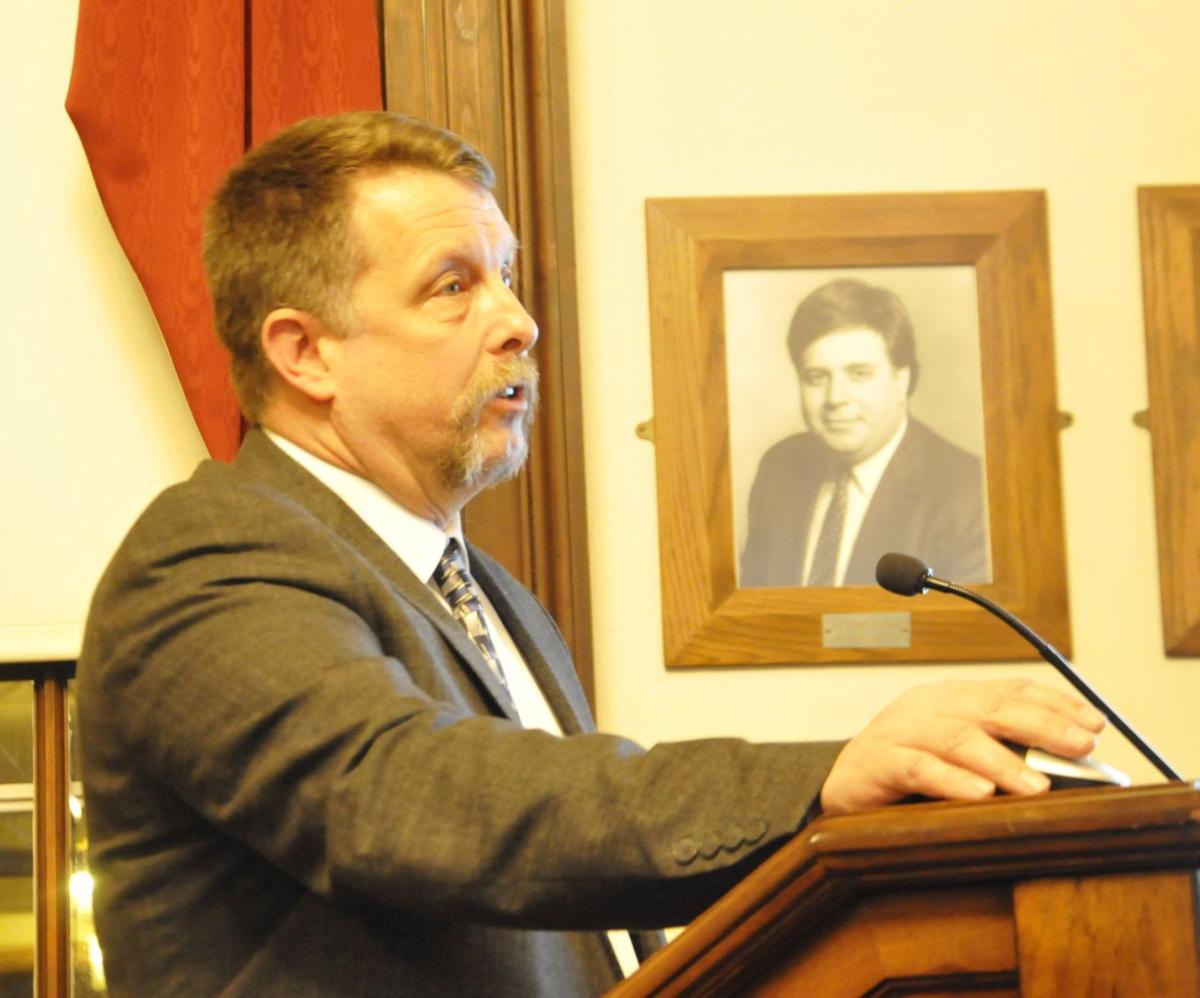
A proposal for a government-run ambulance service in the town of Conway is causing stir among selectmen and residents. Amidst concerns of eliminating emergency medical services, the town's leaders are asking voters to weigh in on the idea in the upcoming April election. This potential change has sparked debate and raised questions about the future of emergency services in the community.
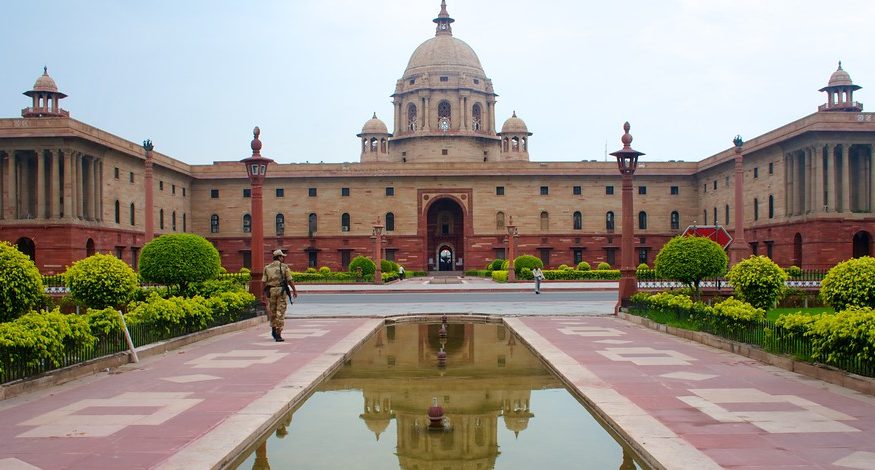
In a move to showcase southern India's cultural diversity, President Droupadi Murmu is incorporating elements from five southern states in the reception of the At Home event at Rashtrapati Bhavan on Republic Day. From the welcome program to the guest list and cuisine, the event will be infused with a southern flavour. By featuring artisanal handicrafts from the region and promoting sustainability and inclusivity, the event aims to spotlight local expertise. This move also coincides with the visit of Indonesian President Prabowo Subianto and Singapore President Tharman Shanmugaratnam, who have both highlighted the cultural similarities between their countries and South India. The event will also be more inclusive for the disabled and feature individuals from various professions, ensuring representation from different parts of the country at the seat of power.
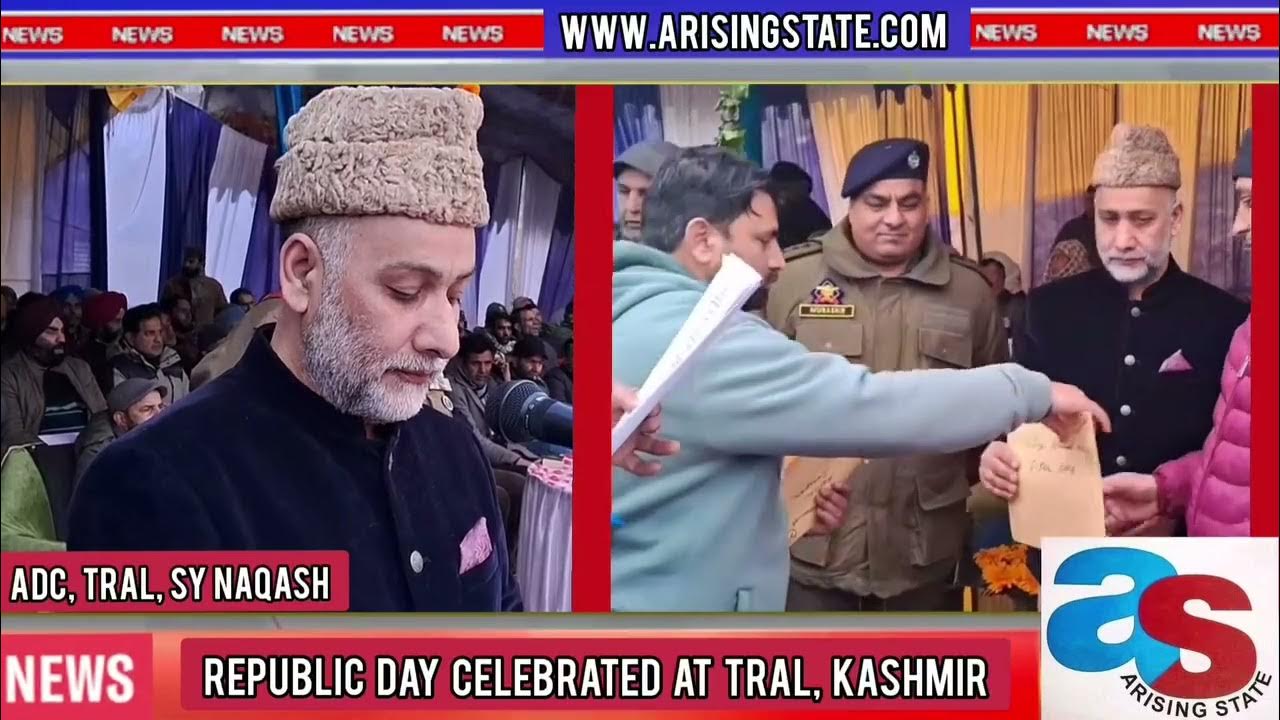
Tral, a town known for unrest in Jammu and Kashmir, witnessed a significant transformation as it unfurled the Indian national flag for the first time on its 76th Republic Day. The joint unfurling of the flag by an elderly person, a youth, and a child signified the unity of generations and their shared commitment to the nation. This peaceful ceremony, attended by over 1000 people, was a testament to Tral's aspirations for peace, progress, and national integration. The town, surrounded by snow-capped mountains, stood tall as a beacon of hope for a 'Naya Kashmir'.

As India marks its 76th Republic Day and celebrates 75 years of being a republic, the parade showcases the country's cultural diversity and achievements. The tableau from 16 states and Union Territories highlight various themes and achievements, while the presence of Indonesian President Prabowo Subianto as Chief Guest and participation of his country's military contingents strengthen bilateral ties. Prime Minister Narendra Modi's message of unity and commitment to the values of the constitution serves as a reminder of the enduring principles of a democracy.
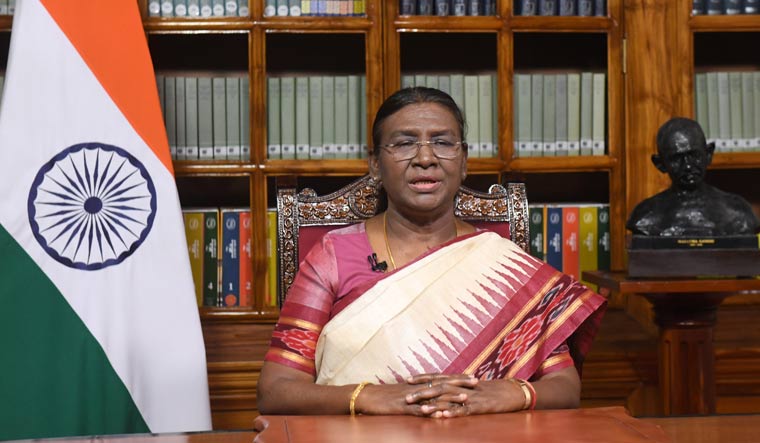
President Droupadi Murmu, along with Indonesian President Prabowo Subianto, led the nation in commemorating the 76th Republic Day at Kartavya Path, New Delhi. As part of the festivities, the two Presidents arrived in a traditional buggy, reviving a tradition discontinued for 40 years. The celebrations focused on the 75th anniversary of the Constitution's enactment and highlighted "Jan Bhagidari" or public participation. The parade also showcased India's cultural diversity, unity, equality, development, and military strength.

Congress leaders Rahul Gandhi and Priyanka Gandhi Vadra took to social media to greet the nation on the 76th Republic Day, lauding the Constitution for guaranteeing justice, equality, and freedom to every citizen. While Congress President Mallikarjun Kharge paid homage to the makers of the Constitution, he also criticized the current government for weakening democratic institutions and curbing federalism, calling for their protection. Kharge also expressed gratitude to various sections of society, including armed forces, scientists, and farmers, for their contributions to nation-building.
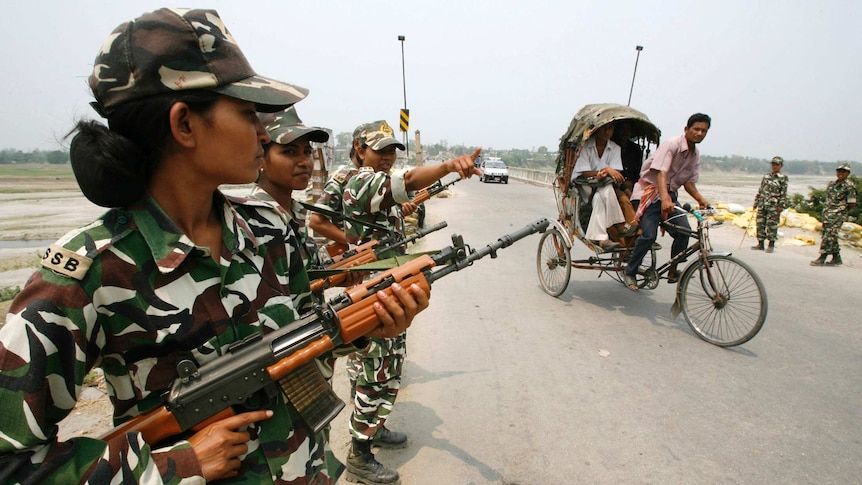
In the lead-up to the 76th Republic Day, the Punjab and Haryana High Court called out the Indian government for its failure to grant disability pension to a retired Army officer. The courts sternly reprimanded the government for neglecting the rights of veterans who risked their lives while in service. This comes after several orders by the Armed Forces Tribunals were confirmed by the Supreme Court for rounding off disability pensions to 50%, 75%, and 100% for military personnel who were initially invalidated for less severe disabilities. The court's observations reveal the government's negligence in implementing the Supreme Court's judgments and providing due relief to pensioners.
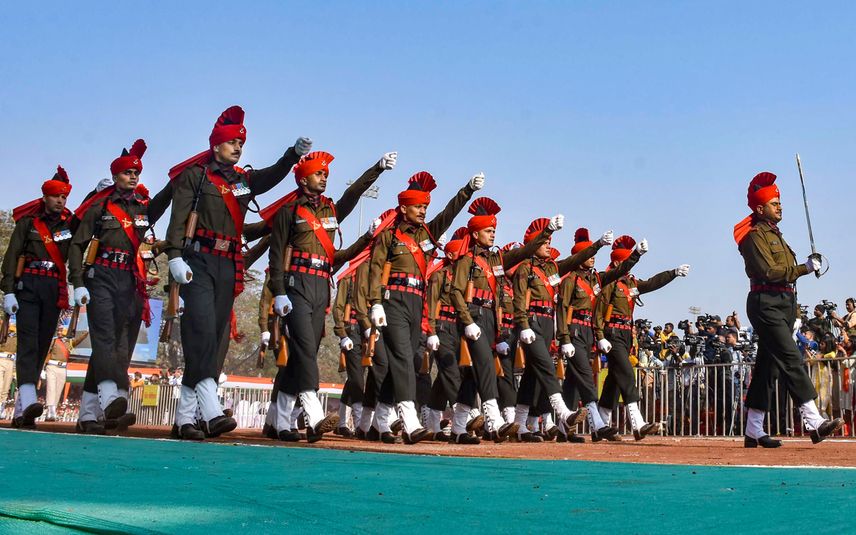
The Kartavya Path in New Delhi witnessed a grand parade on the occasion of India's 76th Republic Day, showcasing the country's military might and unity. Led by Prime Minister Narendra Modi and President Droupadi Murmu, the parade featured 18 marching units, 15 bands, and 31 vibrant tableaux with the theme 'Swarnim Bharat: Virasat aur Vikas'. The event also saw the participation of Indonesian President Prabowo Subianto as the chief guest along with a special marching contingent and band from Indonesia.
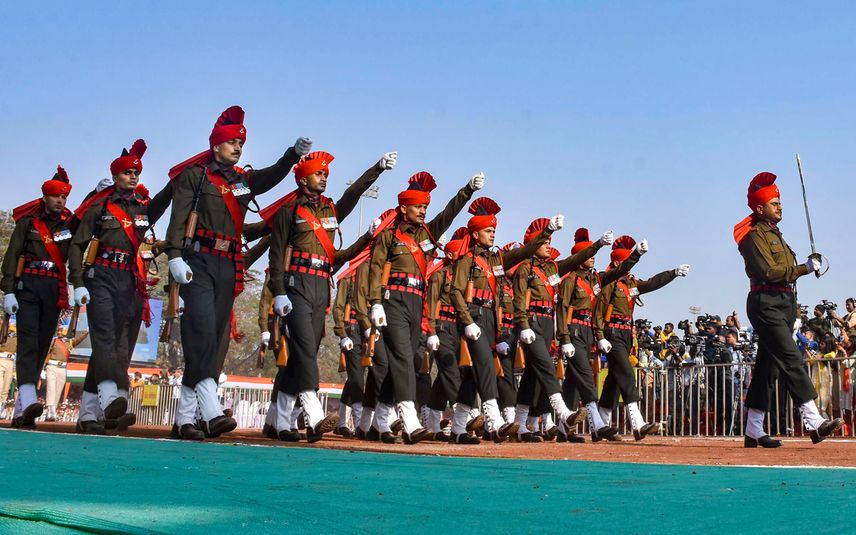
IBNS, a news source committed to unbiased reporting, covers India's 76th Republic Day celebrations at Kartavya Path without any political or ideological influence. With a focus on objective news, IBNS avoids any judgment or preaching and presents well-sourced and factual information for readers to decide for themselves.